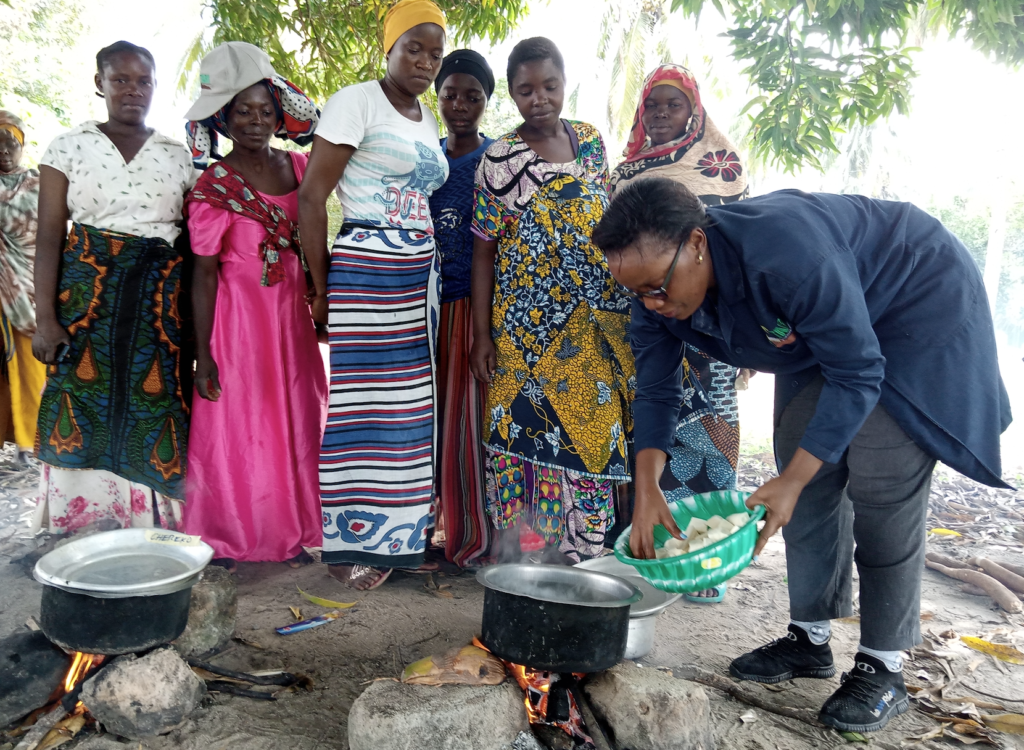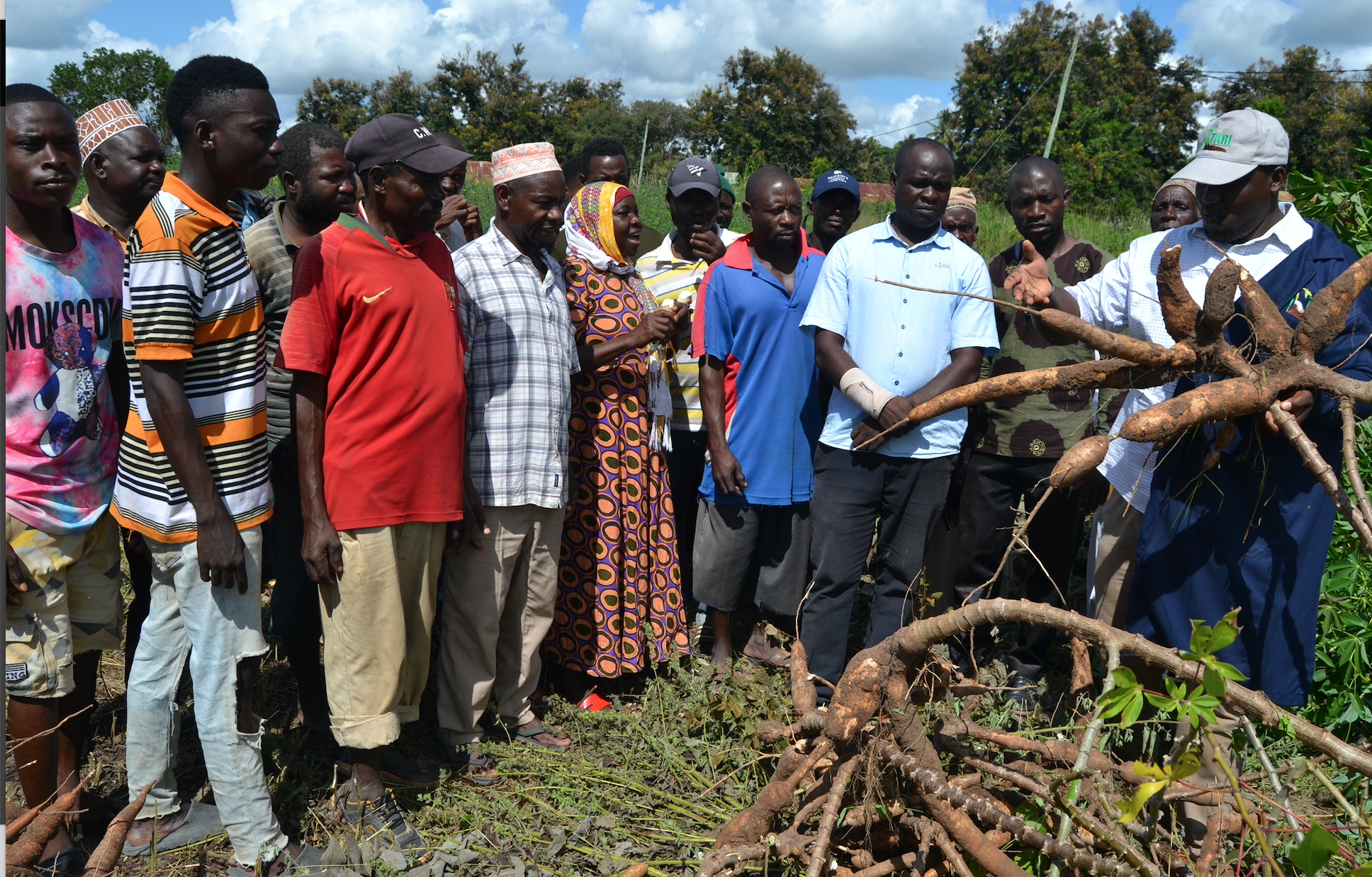Farmers Embrace Modern Techniques and Improved Varieties to Boost Yields and Food Security
Mtwara, Tanzania – In a groundbreaking development for the agricultural sector, the Agricultural Research Institute (TARI) in Naliendele has successfully spearheaded efforts to revolutionize cassava farming in the Mtwara District. By promoting modern techniques and introducing improved cassava varieties, TARI’s collaborative approach with local farmers yields remarkable results and paves the way for increased productivity and food security.
Under the guidance of Joseph Tesha, the Agriculture, Livestock, and Fisheries Officer of the Mtwara District Council, the ongoing initiatives have garnered enthusiastic support from farmers. Tesha recently spoke at the Farmer’s Field Day, an event where farmers actively participated in the harvest on a demonstration farm. The farm showcased the use of superior cassava seeds, including indigenous varieties, facilitating a comparative analysis of yields and highlighting the benefits of adopting advanced farming practices.
Expressing his optimism, Tesha shared, “Farmers have been quick to recognize the superior quality and significance of modern cassava farming. The demonstration farm, a joint effort between TARI and the local farming community, has become a valuable learning platform. Through active involvement in planting and tending to the crops, our farmers have progressed from seed to harvest, witnessing the transformative potential of this venture.”
Results from the demonstration farm have been highly encouraging. Tesha reported that careful measurements were taken for each plant from the various trial varieties, which included indigenous seeds. The district council expressed satisfaction with the knowledge acquired, as numerous farmers have already started seeking out the high-performing Kiroba variety, ensuring its widespread adoption.
Festo Masisila, a cassava researcher from TARI Naliendele, shed light on the process, stating, “In the demonstration farm located in Mkunwa village, we provided farmers with nine different cassava varieties, including the newly approved TARI numbers one to four, Chereko, and Kiroba. These varieties have proven resilience against cassava mosaic disease and brown streak disease, in addition to delivering substantial yields.”
Despite the selected area having less fertile soil, the modern and improved cassava varieties showcased remarkable adaptability, effectively germinating within the expected timeframe. Notably, every plant produced a minimum of 3.5 kilograms, underscoring the potential for higher yields and enhanced profitability.
Establishing the demonstration farm marks a significant milestone in the quest to transform cassava farming. Its purpose extends beyond mere sustenance-oriented agriculture prevalent in Mtwara, aiming to create a commercially viable industry. A key aspect of this transformation involves educating farmers on optimal cultivation practices. Masisila emphasized the importance of planting 4,000 stems per acre, highlighting its role in ensuring substantial yields and increased profitability.
The local community has warmly received the impact of TARI’s efforts. Ismail Mwengda, the Ward Councilor of Mkunwa and the development chairperson of the ward, expressed gratitude, stating, “We commend TARI for establishing the demonstration farm in our ward. This initiative has ignited renewed enthusiasm for cassava farming among our farmers. With the promising productivity we have witnessed, we can confidently anticipate improved food security and economic prospects in the upcoming season.”
Farmers actively engaged in the demonstration farm have voiced appreciation for the knowledge and insights gained. Eager to share their experiences, they aim to disseminate information about successful cassava farming practices and the advantages of utilizing the new seed varieties. Bahati Abeid, a farmer from Mkunwa village, spoke passionately about the positive impact of adopting professional farming techniques, affirming his commitment to continued success.

